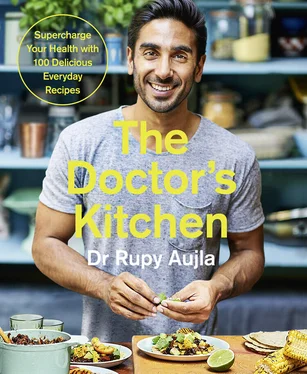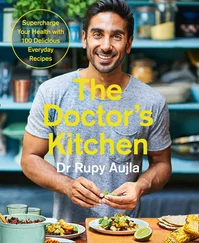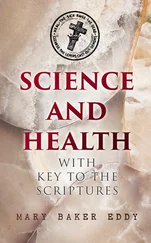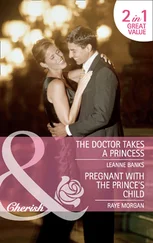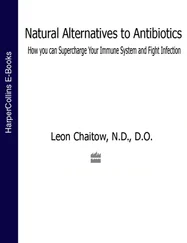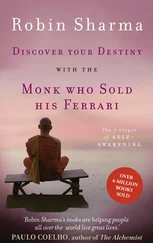This may all sound quite fantastical – the fact that our destiny is in our hands. We are quite far away from precision treatments that alter the microbiome for specific health outcomes, but science tells us that if we eat and live according to principles that help our microbiome population thrive, we live healthier lives and are less likely to suffer disease. One of the probable reasons for this is because the microbiome has an ability to positively affect the expression of our DNA. Nurturing your gut health (see here) could prove vital in disease prevention and treatment.
Lifestyle for genes
• Sleep is integral to health. It’s also very impactful on our microbiome and our circadian rhythms that affect our biology and gene expression. 93Melatonin is a hormone (produced during adequate sleep) which activates and regulates hundreds of genes involved in repair, antioxidant function and, you guessed it, inflammation. 94,95Sleep does far more than just let your muscles repair and brain recuperate; it’s essential for protecting you against disease. So, practise good sleep hygiene: try not to eat or use electronic stimuli two hours before bed, and sleep your way to health.
• Fasting is a practice made popular by diets like 5:2 and proponents of ‘ancestral eating’ that aim to mimic the lifestyles of former hunter-gatherer populations. While I take issue with blindly following a standard diet, fasting is a component of these regimes that may have some legs. Incorporating a fasting practice into your eating habits has been shown to improve the expression of genes that are responsible for removing oxidants that cause inflammation and turning on genes that fight cancer cells. 96,97But fasting doesn’t need to be a tedious feat where you remove all sources of energy for a 24-hour period. I’m a fan of defining your eating period to 10–11 hours per day. For example, if you were to eat breakfast at 8am, try not to eat dinner later than 7pm. Getting into a routine where you have the same ‘defined eating period’ on a daily basis may have benefits by heightening the expression of genes that control sugar and lead to greater longevity. 98,99,97Most of the studies also found that participants lost weight and this has obviously generated a lot of attention, but in my opinion losing weight isn’t necessarily always the goal. If we focus on introducing health-promoting habits and wonderful nutrition I am certain you will lose weight, but more importantly it will be enjoyable, safer and much better for your overall health. Wellness is the goal rather than a desired number on a set of scales.
• Mindfulness doesn’t have to be cliché. My father grew up on a farm. He would wake up before dawn every single day and in his sleepy state make the short walk to the farm where he would duly milk the cows for the family’s breakfast and butter-churning routine. This could be considered an example of mindfulness. An activity which removes thought and reason, and incorporates routine. Where the mind is quiet, restful and unstimulated.
Buddhists sweep. Beach bums surf. Commuters listen to smartphone apps. However you decide to practise it, mindfulness has never been so important as it is in now, in today’s world of excessive electronic use and hyperactivity.
We live in a perpetual state of anxiety, provoked by constant stimuli, and I believe meditation is key. One of the most impressive research studies I have come across was a small experiment looking at a group of people taught to meditate over a three-week period. Using a specific gene marker to measure the inevitable ageing process, they discovered that the meditation had improved the marker that was expected to naturally worsen. 100,101Meditation has been hypothesised to have a literal anti-ageing effect. 102If an intervention can alter gene activity to that extent, it has a place as a ‘medicine’ in my opinion. So, decide on your meditative strategy and practise it for at least 10–20 minutes each day. You should find it has a calming effect on your mood, even if we can’t conclusively prove its effect on wrinkles.
We live in a perpetual state of anxiety, provoked by constant stimuli, and I believe meditation is key.
Diet choice fatigue

I’ll let you into a secret you probably already know by now: there is no such thing as a ‘perfect diet’.
We are all unique as a result of our cultural backgrounds, genetic variations and even gut microbe populations. Our physical attributes are the sum of so many variables, it is unfathomable to think that any one regimen would be suitable for an entire population.
Our diets are fluid, ever-changing interactions that involve the environment and even our life cycle. The food we eat is dictated by geography, convenience and personal choices. Our nutritional needs are determined by age, hormone profile and emotional state, and that’s before we even start considering medical conditions. We are complicated beings. Forcing ourselves to rigidly stick to a list of foods that are labelled ‘good’ or ‘bad’ will never reflect the intricacies of our requirements.
My goal is for you to enjoy food and appreciate the phenomenal effects it can have on your body, your mental outlook and overall health. I’m not here to scaremonger you or belittle any successes you may have had with previous experiences of diets; if you have used one of these in the past and felt better, that’s fantastic! As long as you feel healthy, it fits into your lifestyle, and it doesn’t lead to a nutritional deficiency or personal risk of disease, you’re doing a great job. I’m not here to warn you off a way of eating that works for you and I’m very open-minded to the success of certain diets for different people. As a doctor, I just want to make sure you’re safe and healthy.
If you’re new to this world, I want you to understand the importance of individuality. I would rather empower you to create a unique way of eating that caters for your requirements, than suggest you follow a ‘one-size-fits-all’ approach.
Eating is a lifestyle, not an uncompromising ‘diet’. It’s a personal and experimental process that needs adapting as you and your environment change. This book, or any other book for that matter, will not contain the answer to everyone’s dietary requirements. But don’t despair! I’ve included principles of eating herethat I think are applicable to most people, then the tweaking of elements really depends on you. Seek appropriate advice and get a second opinion if you have concerns about a specific medical condition.
Most diets out there promote a way of eating that is generally better than the typical Western diet of refined carbohydrates and a lack of fibre and micronutrients. So, no wonder there are so many success stories with a lot of them! This doesn’t necessarily validate these diets as a way of eating for all of us. But, it’s likely that you’ll incorporate elements and principles from a variety of diets to create the perfect way of eating for you. Because I get asked about these in clinic all the time, I’ve decided to give you my opinion on the most popular diets around: the good, the bad and the science that doesn’t always stack up.
Just cut the carbs!
+ Paleo, Low-carb high-fat, Atkins, South Beach, Ketogenic I know proponents of each of these diets will argue that these shouldn’t be grouped together because there are slight variations between each, but for simplicity’s sake, I have. Patients don’t appear to differentiate between them and lately I’ve been hearing the same line in my surgery: ‘So, Doctor, I’ve decided to cut out carbs. That’s good, isn’t it?’ Well, not necessarily.
Читать дальше
